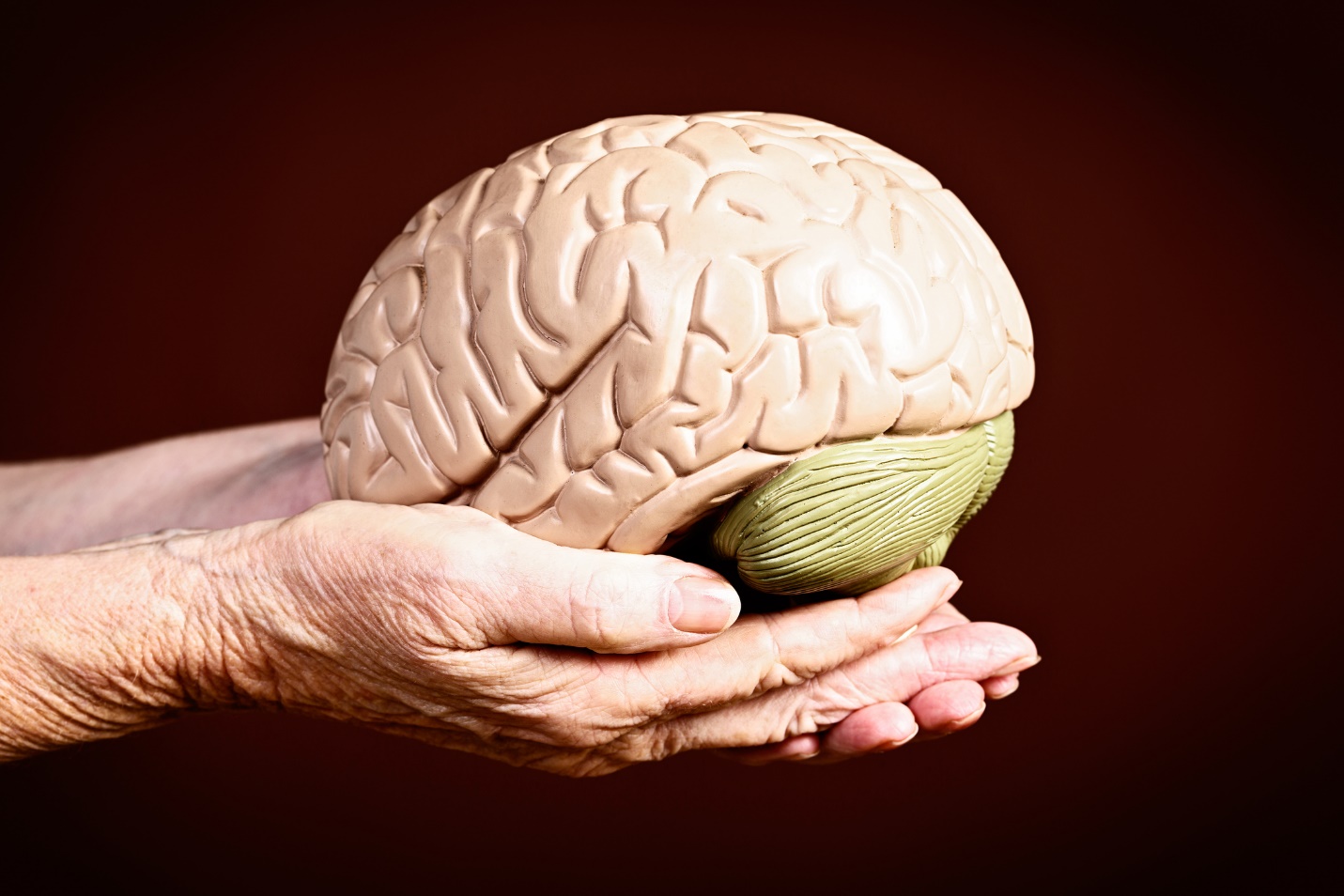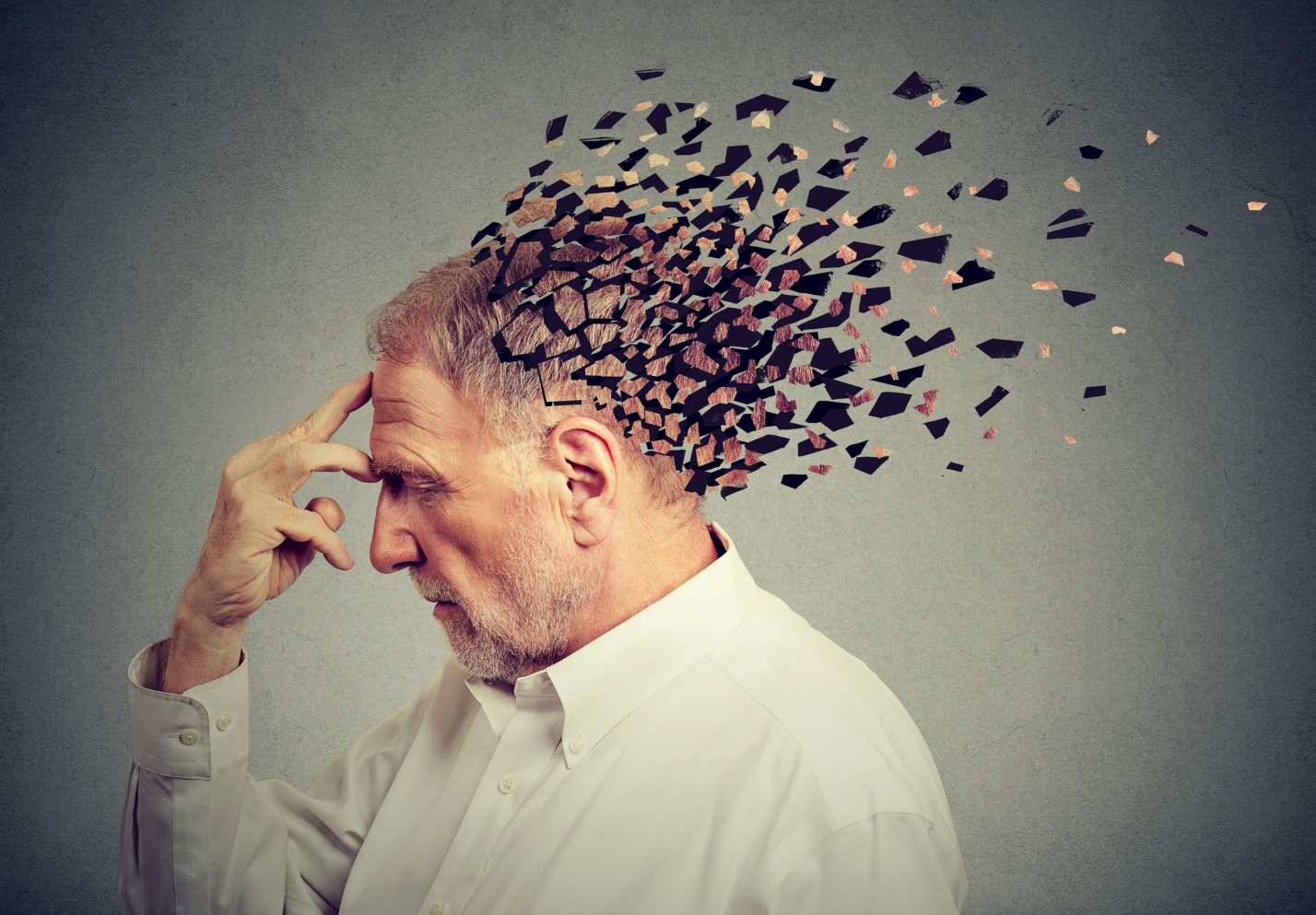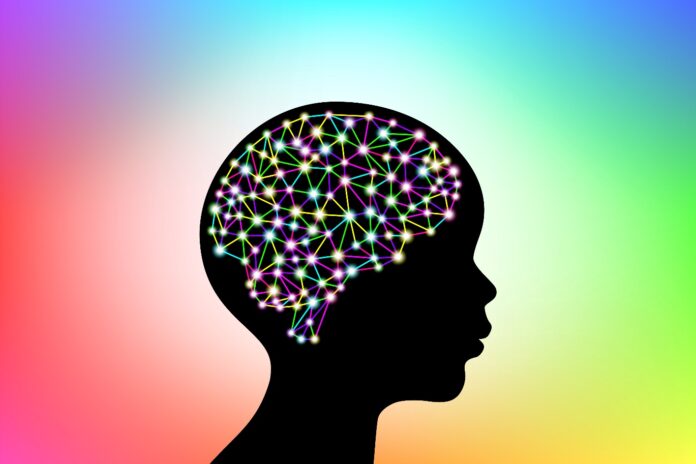The health of the brain is as important as physical health. Especially, aging people should take more care of their mental health. As the brain changes in a subtle way as a person ages. Just as exercise improves physical health, brain workouts strengthen your mind and improve memory. In this article, you will know about some ways you can use to keep your brain young and healthy.
7 Tips to Keep Your Brain Young
Doctors suggest taking some vitamins for brain fog. Along with medication, there are some best practices you can use in your daily life and fight mental decline. These ways can reduce, improve and sometimes reverse the problem of memory loss. Let’s know about these tips.
1. Exercise Regularly
You already know that exercise is very important for the maintenance of a healthy body and even your doctor advises you daily workouts to stay fit. Well, it does not only help your body but also takes care of your brain. Some exercises such as aerobic walking, bicycling, swimming, running, etc sustain your heart rate at 60% of its capacity. It protects your brain and decreases the chances of getting diseases.
2. Take Challenges
Play some mind games, solve puzzles, read your favorite books and take the challenge. You need to use your brain to keep it active and healthy. It is recommended to incorporate different activities to increase the effectiveness.
3. Take Plenty of Sleep
According to health specialists, sleep problems can lead to trouble with brain functions such as concentration, memorizing, and other cognitive functions. According to NSF, memories and newly learned information are stored in the brain permanently when a person sleeps. Enough sleep makes it easier for the person to recall or memorize anything. Seven to eight hours of sleep each night is recommended to an adult.
4. Write Frequently
Carry a pen and diary with yourself every day. List all the work that you have to do. For example, daily chores, meetings, calls to make, and everything. Doing this can cut down anxiety and stress.
5. Find Yourself a New Hobby
Learning a new skill or finding yourself a new hobby can have a great effect on your mental health. It can stimulate your mind, change your daily routine and relieve boredom. Take some online courses and lectures and learn something new such as sewing, cooking, knitting, photography, and many others.
6. Declutter
Decluttering and organizing your stuff can help you a lot in keeping your brain fresh and healthy. Even your brain needs decluttering and makes brain fog worse. Learn to subtract your distractions, learn to forgive the things that are giving you stress, and follow some tips: Do not engage yourself at more than two things at a time, try to remain stuck to one work until it is finished. Plus, set your timings, keep your phone silent and give some time to yourself.
7. Have Social Connections
Make new friends and follow social interactions. It will help in warding off depression and anxiety. According to research, connecting with people and talking to your loved ones can have a positive effect on the health of the brain.
Why Does the Brain Age?

Well, many theories determine the changes in neurons and cells. Some of the reasons why brain ages are:
- Neuronal aging is more likely due to changes in gene expression.
- DNA damage could contribute to the aging process of the brain.
- The cells responsible for the immune response play a major role in cleaning up cellular debris and maintaining synapses. Malfunctioning of this system causes brain aging.
- Protein build-up contributes to the degeneration of cells and affects the health of the brain.
Many changes are happening all the time in the brain and these changes are normal. The aging of the brain is part of the aging process but that does not mean we cannot control it. Adaptation to a healthy lifestyle such as exercises, eating a healthy diet, and reducing stress can benefit your brain and help in preventing the brain from aging.
What are the Effects of Brain Ageing?
The brain is the main point in the human body that controls almost every activity of the body. Such as remembering, thinking, organizing, decision making, planning, and many more. These all activities are the basic part of our lives but aging of the brain can affect these abilities. As people get older, they might see different changes in thinking which are common. For example, they get slower in memorizing anything such as recalling names, they find themselves having a problem with multitasking and they often experience a decrease in the ability to pay attention to anything.

With aging, certain parts of the brain shrink, and people face difficulty in learning and remembering.
Blood flow may decrease in the brain and neurons may not be as effective as they used to. These changes occurring in the human brain affect mental functioning and that’s the reason why some people face problems in learning and memorizing. However, some brains are different and can still learn new skills without facing challenges.
What are the Alarming Symptoms of an Ageing Brain?
As people age, they usually face different issues. One of them is memory loss but of a minor level.
Always remember, it is normal because as we get older, our neurons slow down a bit. This slow process can lead to difficulty in processing new information. However, different signs indicate the fast aging of the brain.
- Short Term Memory loss: Alzheimer’s disease has a clear and major symptom when it comes to disorders of the aged brain. This symptom includes forgetting events and the inability to recall instructions.
- Long Term Memory loss: If the problem extends for years, aging people might face the signs of long-term memory loss. This is caused by multiple strokes that interrupt blood supply to the brain resulting in damage to brain tissues.
- Trouble in Memorizing: Most of the time, even a healthy person catches himself having a problem in memorizing anything such as the name of a person or his address. But with time, remembering some words that are used in daily life could be a sign of a serious cognitive problem.
- Difficulty in driving: Along with some issues such as vision problems and joint stiffness, Alzheimer’s can also cause difficulty in driving. This disease affects driving by impacting memory and decision-making skills.
- Mood Swings: People with dementia often feel passiveness and depression on and off. These issues can be because of the changes in the frontal lobe due to brain conditions.

